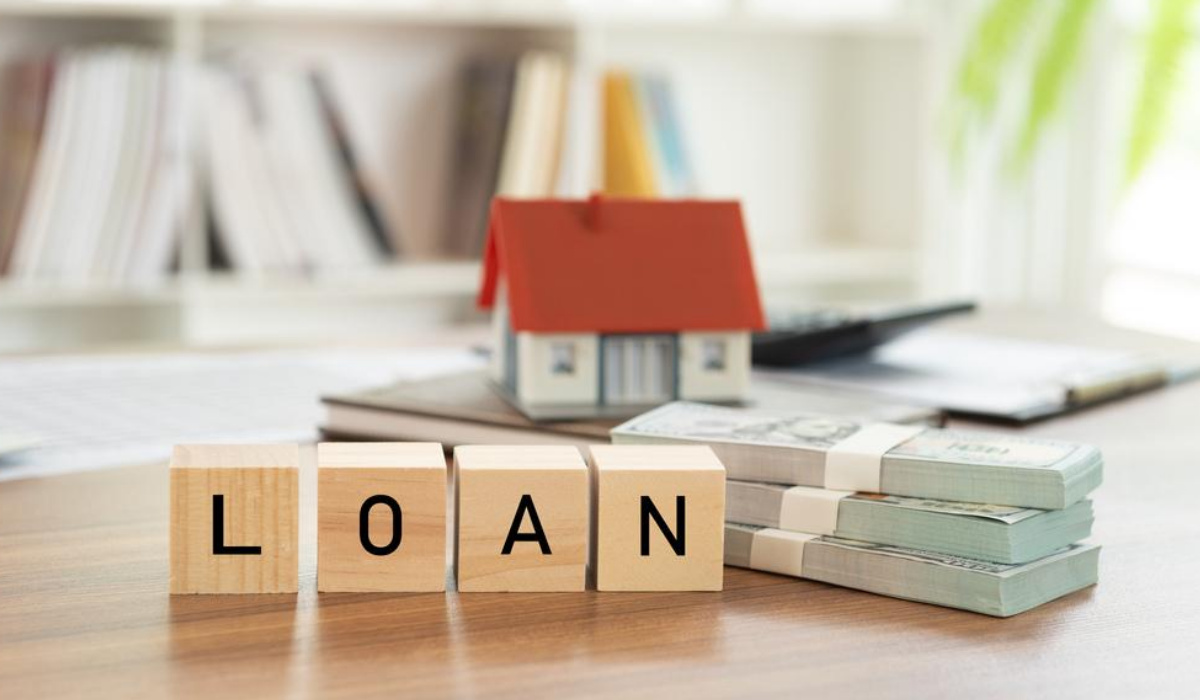The first thing that comes to mind if we need funds to address an urgent requirement is to take out a loan. On the other hand, other people have trouble deciding which loan to qualify for and whether a loan versus property is a wise option. While some fears are understandable, financial experts note that a loan backed by real estate is among the most reliable loans available and has a cheaper rate than other possibilities. Technology allows users to discover the wealth chained away in a building while keeping the property occupied for the life of the loan.
What are the Benefits
The borrower can utilise the money from a loan upon the property for various personal and commercial goals, bank loan for private property such as starting a business or developing it to cover unexpected medical costs. Because lenders are given security for their amount, this mortgage is relatively easy. It is excellent because it allows individuals to borrow a significant amount (up to 70% of the property price), has flexible options, and has a cheaper rate than other loans. Longer loan payback terms mean cheaper EMIs. Tax advantages are available on the income portion of a loan versus properties, and most creditors do not charge a penalty for paying the loan off early.

What is the Weakness
The average wait for a loan may be lengthy and irritating, as banks do criminal record checks on applicants to ensure they are authentic. Bankers and other lending organisations also do credit checks on applications to determine their credit score, bank loan for private property ability to repay, and other factors that take time. Another issue might be the property’s value, which would have to be committed as security. There is no everyday unified for how banks value qualities; they all use various factors.
Never most significant, the most significant danger is that if the applicant defaults on the loan on time, the creditor has sole jurisdiction over the property pledged. To recoup its losses, the lender might renegotiate or sell that debt. It can still make a claim.
Additional considerations
To assess the individual’s susceptibility and cost of borrowing, the borrower considers the individual’s gender, employment, and income. Residential and business buildings may have different interest rates, and the vintage and property type might also affect the legal amount or pay interest upon that.


